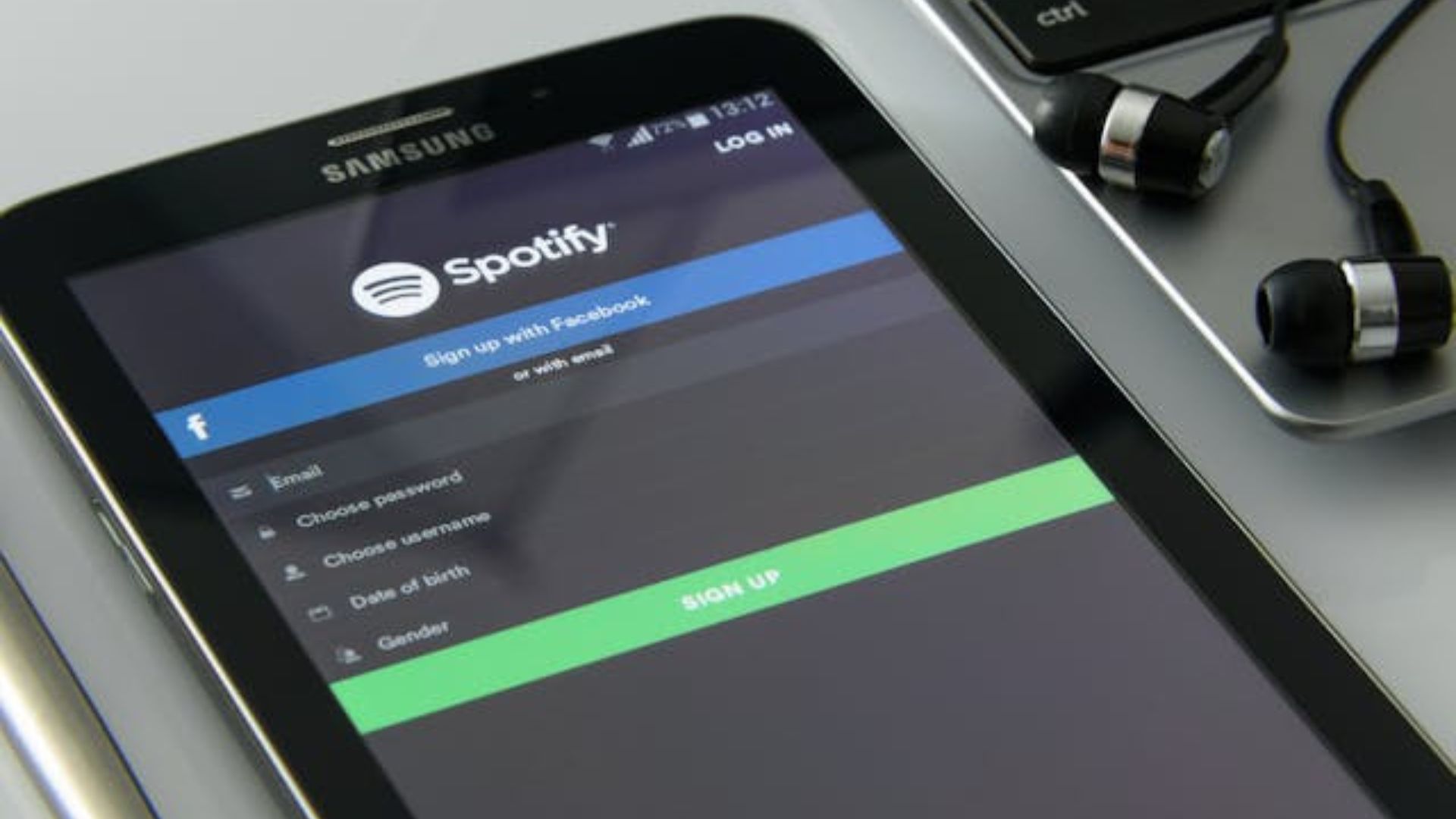Managing your time successfully is no longer a luxury but a requirement. Whether you’re a student, a professional, or have several responsibilities, mastering tips on time management can boost your productivity and minimise stress. At the School of Coding and AI, effective time management is more than just fitting more chores into your day; it’s about carefully prioritising what’s most important.
In this blog, we’ll walk you through ten actionable tips on time management that are insightful and proven to increase your efficiency. From using the finest time management tools to strategic planning, these suggestions can help you take control of your time and accomplish more.
Why is Time Management Important?
Before we go into the tips, let’s answer a popular question: why should you focus on time management?
According to a McKinsey study, professionals spend 28% of their time managing emails and the remaining 20% seeking information. Poor time management leads to wasted hours, missed deadlines, and increased stress. However, with the proper tools, you may break free from this cycle and realise your full potential.
Also Read – 14 Game-Changing Uses of Artificial Intelligence Transforming Everyday Life
Top 10 Tips on Time Management
1. Set SMART goals.
Begin by establishing clear objectives. Adopt the SMART framework.
Objectives should be Specific, Measurable, Achievable, Relevant, and Time-bound.
Instead of saying, “I need to finish my project,” try, “I will complete the first draft of my project by Thursday at 5 PM.”
Why does it work: Clear goals bring focus and motivation, allowing you to direct your energy more efficiently.
2. Prioritise with the Eisenhower Matrix
Organise tasks into four categories as in the Eisenhower Matrix:
- Urgent and vital
- Important, but not urgent
- Urgent but not necessary
- Neither urgent nor vital
Prioritise chores in the essential but not urgent quadrant to accomplish goals without last-minute stress.
Pro tip: Use programs like Trello or Asana to visualise your task priority.
3. Leverage the Pomodoro Technique
Boost your focus with this popular technique:
- Work on a task for 25 minutes.
- Take a 5-minute break.
- Repeat four cycles, then take a 15–30 minute break.
Why it works: Studies show that frequent short breaks improve mental agility and prevent burnout.
4. Use the Best Time Management Apps
Technology can be your best ally. Here are some must-try apps:
- Trello: Perfect for project tracking.
- Toggl Track: Helps monitor time spent on tasks.
- Forest: Combines productivity with focus-enhancing rewards.
- Google Calendar: Essential for scheduling tasks and reminders.
Why it works: Apps streamline task management and ensure you never miss a deadline.
5. Plan Your Day the Night Before
Before heading to bed, spend 10 minutes planning your next day. Write a to-do list or update your calendar.
Why it works: You wake up with a clear direction, eliminating morning decision fatigue and increasing productivity from the get-go.
6. Learn to Say No
It is acceptable to deny requests or assign chores when your plate is full. Saying no allows you to focus on what is most essential.
Why does it work: Overcommitting causes burnout, however, prioritising allows you to retain balance.
7. Follow the Two-Minute Rule
If a task takes less than two minutes, complete it immediately rather than adding it to your list. Examples include responding to rapid emails and organising your workstation.
Why does it work: Quick wins help to reduce your mental to-do list and build momentum.
8. Batch similar tasks Together
Divide related tasks, such as responding to emails, making phone calls, or brainstorming, into allocated chunks of time.
Why does it work: Switching between unrelated jobs results in “context switching,” which lowers efficiency. Batching helps keep your attention focused.
9. Remove Distractions
Turn off any superfluous notifications, keep your workplace clutter-free, and arrange extended work sessions.
Pro tip: Use focus-enhancing technologies such as Freedom (which blocks distracting websites) or noise-cancelling headphones.
Why does it work: According to research conducted by the University of California, Irvine, reducing distractions can enhance productivity by up to 40%.
10. Monitor your time
Keep track of your daily activities. RescueTime, for example, analyses your patterns and suggests ways to do better.
Why does it work: Tracking time allows you to uncover inefficient tendencies and fine-tune your timetable.
Conclusion
Mastering time management is a journey, not a goal. Implementing these ten ideas can help you retake control of your schedule, minimise stress, and accomplish more, whether you’re learning a new coding skill or managing a busy home. At the School of Coding and AI, we believe that making the most use of your time is critical to success. Start small, maintain consistency, and watch your productivity skyrocket!
Frequently Asked Questions
The 5 P’s of time management offer a simple yet powerful framework to help you plan your day more effectively and stay on top of your goals. They stand for “Proper Planning Prevents Poor Performance” — a timeless principle that is embraced by students, professionals, and successful entrepreneurs alike.
Let’s break it down:
- Proper: Taking the time to prepare thoughtfully rather than rushing in unprepared.
- Planning: Creating a clear roadmap of what needs to be done, when, and how.
- Prevents: Minimising risks of things going off track.
- Poor: The mistakes, missed deadlines, or wasted time that come from a lack of structure.
- Performance: The outcome — how well you achieve your goals.
In practice, the 5 P’s remind us that spending a few minutes organising our tasks can save hours later. Whether you’re coding a complex project, revising for exams, or balancing study with life, following this principle can dramatically boost your productivity and reduce stress.
Begin by reviewing how you now spend your time. Use a time-tracking program or keep a weekly log to uncover inefficiencies.
Break down work into tiny milestones and applaud each accomplishment. Tools like Habitica, which gamifies productivity, can help you stay interested.
Absolutely! Apps such as Notion, Todoist, and ClickUp provide customisable solutions to meet your specific requirements, making them indispensable for strategic time management.
The golden rule of time management is simple yet often overlooked: “Plan your work and work your plan.”
This means setting aside time to plan your tasks, then having the discipline to follow through without unnecessary distractions. It’s not just about writing a to-do list — it’s about prioritising what matters and taking consistent action.
For students and professionals in the tech industry, this rule is especially important. Coding projects, for example, can easily spiral into time-consuming rabbit holes without clear milestones and deadlines. By sticking to the golden rule, you ensure your time is invested in what brings you closer to your goals, rather than just staying busy for the sake of it.
Remember: Time is one of your most valuable resources — once it’s gone, you can’t get it back. So, treat your time with respect, plan carefully, and commit to your plan every day.





